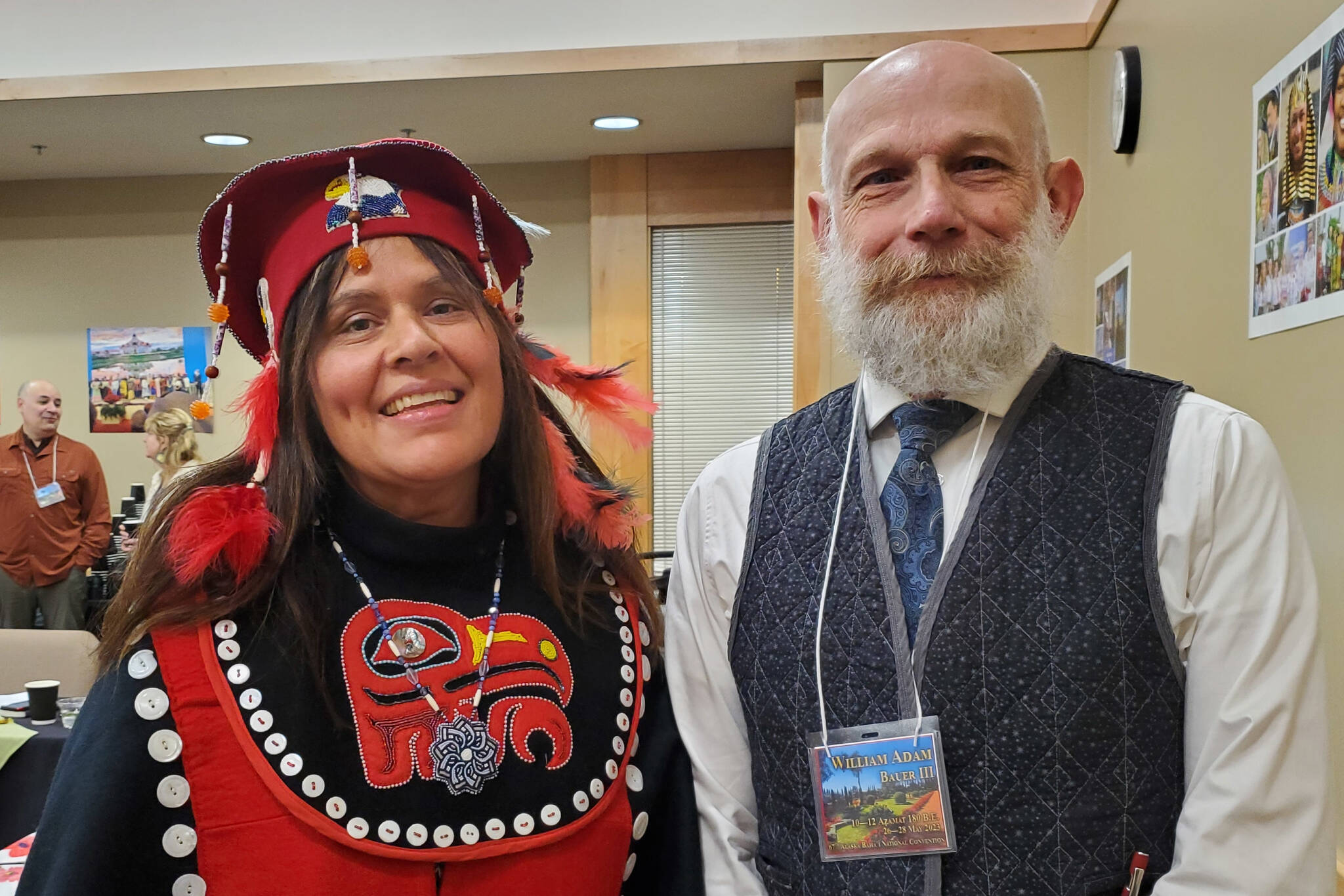Before I proceed, I wish to thank Áak’w Kwáan and T’aaku Kwáan clans of the Tlingit people who have provided centuries of stewardship to this land where we live. Gunalchéesh.
The Baháʼí Faith considers consultation to be an investigation of truth because it aims to discover the best solutions or approaches to issues through a collective and unbiased process. This is not a process of reaching a compromise to make everyone happy, but rather an attempt to collectively understand the truth.
Consultation emphasizes the oneness of humanity and the importance of diverse perspectives in revealing the truth. Participants are encouraged to set aside personal biases and attachments, and to work together harmoniously for the common good. Participants in consultation are encouraged to freely express their thoughts, ideas, and opinions in a respectful and humble manner. This openness allows for an unbiased examination and evaluation of different perspectives. By listening carefully to the contributions of others and considering diverse viewpoints, participants engage in a thorough investigation to identify the best possible solutions. Consultation encourages individuals to detach from their own ideas and opinions, focusing instead on the group’s collective understanding. This detachment minimizes ego and promotes a more objective search for truth.
The principles of consultation are:
— Unity of purpose. Unity of purpose is the idea that members of the community agree that they are looking for the inner truth of the question and will work collaboratively to find it.
— Active participation. All members of the community are encouraged to participate in consultation. Diverse perspectives enrich the dialogue and all voices should be considered.
— Searching for the truth: Unity of Thought. Searching for the truth in Baháʼí consultation is not limited to a quest for intellectual understanding. It also involves seeking spiritual insights, and discerning the underlying principles and teachings of the Baháʼí Faith. Baháʼís believe that truth is multifaceted and that it can be discovered through a process of ongoing exploration, study, reflection and consultation with others.
— Detachment. In Baháʼí consultation the principle of detachment is emphasized as a crucial element for effective decision-making and harmonious interactions. Detachment, in this context, refers to the ability to approach discussions and consultations with an open mind, free from personal biases, attachments and preconceived ideas.
— Once an idea is shared, it belongs to the whole group. Once an idea is shared, it means that the idea is no longer the sole property or opinion of the person who shared it. Instead, it becomes a collective idea owned by the whole group, which can be examined, analyzed and refined together. This perspective encourages open and inclusive discussions, where the focus is on finding the best solutions and making decisions for the benefit of all, rather than promoting individual interests or attachments to one’s own opinion. It fosters a spirit of unity and collaboration, based on the belief that collective wisdom leads to better decisions than individual opinions.
— Do not take offense. One should not take offense during consultation because the process of consultation seeks to promote unity, understanding and collective decision-making. Taking offense can hinder the open and honest exchange of ideas and perspectives, disrupt the harmony and unity within the group, and diminish the effectiveness of the consultation process.
— Courtesy and respect. Consultation values the dignity and worth of every individual. Participants should express their views in a respectful and courteous manner, avoid personal attacks and strive to be attentive to the contributions of others.
— Decision-making: Unity of Action. Once the consultation process has been completed, decisions are made by majority vote or consensus, whichever is more suited to the situation. After a decision is made, all members are expected to support and assist in the implementation of the decision, even if their personal views were not adopted.
— Confidentiality. Matters discussed in consultation should be kept confidential unless otherwise decided by the group or when sharing is necessary for the execution of decided actions.
“Consultation is no easy skill to learn, requiring as it does the subjugation of all egotism and unruly passions, the cultivation of frankness and freedom of thought as well as courtesy, openness of mind and wholehearted acquiescence in a majority decision.”
• Adam Bauer is a member of the Local Spiritual Assembly of the Baháʼís of Juneau. “Living & Growing” is a weekly column written by different authors and submitted by local clergy and spiritual leaders. It appears every Saturday on the Juneau Empire’s Faith page.

